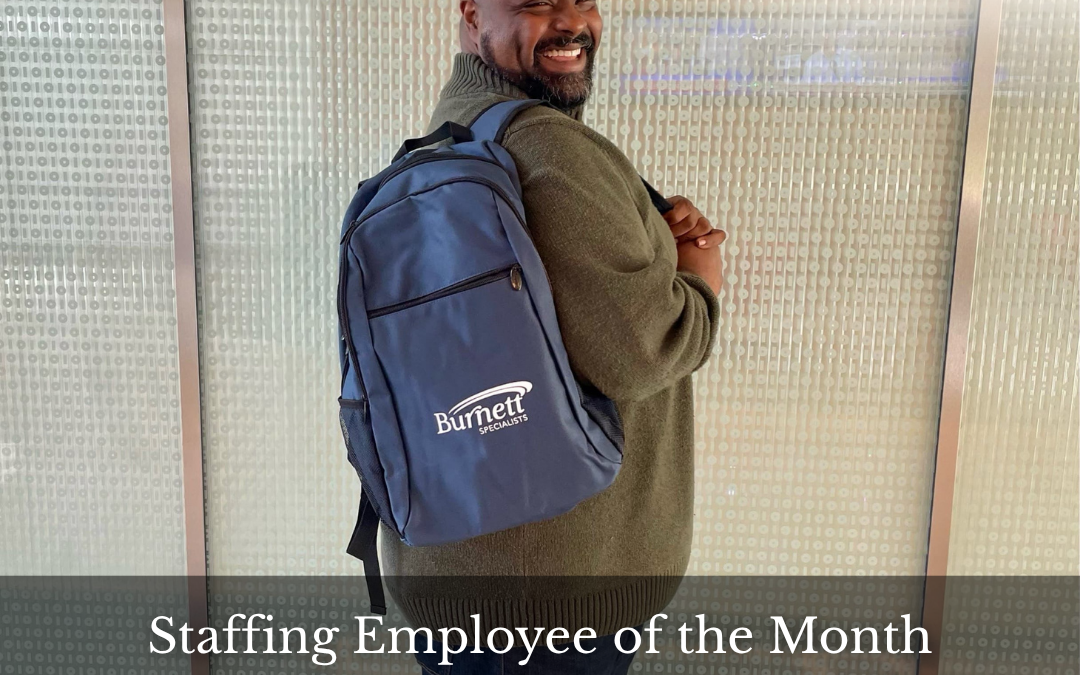“We’ll Keep Your Resume on File.” What Does That Really Mean?
You applied, you interviewed and you were passed over for the job. Rejection is hard to take, especially if the position was one you really felt qualified for, or the company was a place you really wanted to work. However disappointed you may feel when the hiring manager tells you that you didn’t get the job, there is a sense of closure and you continue your search.
But what about when the HR representative says, “We’ll keep your resume on file.” Is that a glimmer of hope you hear in their voice. Does that mean there’s a chance, a real possibility that you’ll hear from the company someday soon? Or, is the phrase a cliché used to soften the blow of a job rejection.
There are many ways to take the “keep your resume on file” line. Here are a few translations that may clear things up for you, and keep you focused on your career goals.

You are next in line in case the new hire doesn’t work out.
Your resume and experience made you a top candidate, but someone else stood out more, and that person accepted the position. When a company tells you they’ll keep your resume on file, they could mean that if this person doesn’t work out, you’re next on the list. It could also mean that if a similar position opens up, they’ll be in touch. Either way, if another opportunity comes up, you’re a likely match.
The position was never really available.
In some cases, companies post an opening when they already have someone in mind for the position. Qualified candidates may apply, but if the hiring team already had a candidate in mind, there is little that can change it. However, by keeping your resume on file, they’re letting you know that when a position does open up, you’re in the running.
Your skills are exceptional, just not what is needed for this particular position.
Keeping your resume means the HR manager recognizes your skills could be helpful in the future. When the right position opens, they’ll likely send the resume onto the hiring manager. Keeping your resume on file means they’re waiting for all goals to align, to move forward with the interview process and, eventually, make the hire.
They’re trying to soften the blow.
While it can still mean any of one the options above, in some cases the hiring manager is just trying to make the rejection less painful. It’s a way of saying you weren’t right for the position, but you could still be right for the company. However, if they don’t know when the right position will open up, candidates shouldn’t hold their breath. Keep moving forward and working on your search, but do check in with the HR department from time to time.
When candidates are on a job search, it’s easy to get disenchanted when the search goes on longer than expected. If you’re ready for a new employment opportunity, give Burnett Specialists and Choice Specialists a call. We can connect you with high-paying temporary, permanent and contract positions.








